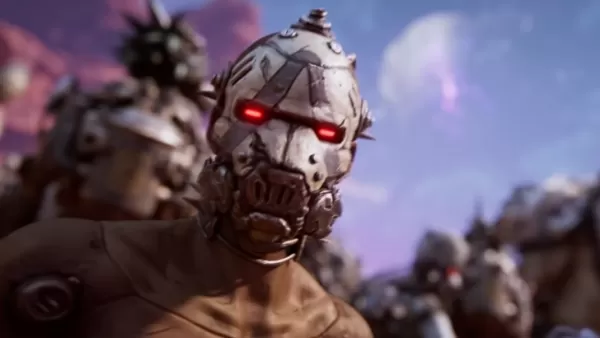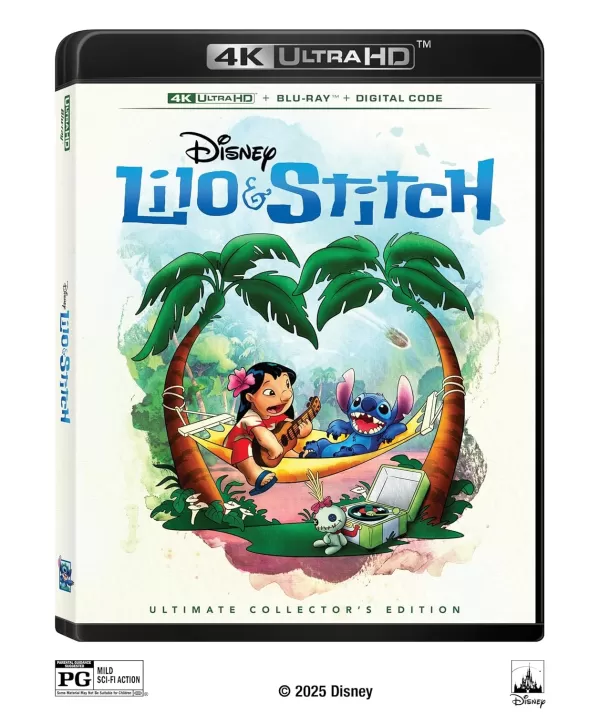Few topics spark as much debate in the RPG community as turn-based gameplay. While modern action-oriented systems have gained popularity, the classic mechanics of turn-based games continue to hold a special place for many players. With the recent release of *Clair Obscur: Expedition 33*, the conversation has been reignited—offering a fresh perspective on how turn-based design can evolve while still honoring its roots.
Developed by Sandfall Interactive and published by Kepler Interactive, *Clair Obscur: Expedition 33* launched last week to widespread acclaim. The game proudly draws from iconic influences such as *Final Fantasy VIII, IX,* and *X*, while also incorporating dynamic elements seen in titles like *Sekiro: Shadows Die Twice* and *Mario & Luigi*. In an interview with RPGsite, producer Francois Meurisse confirmed that turn-based combat was central to the game’s vision from the beginning. This hybrid approach blends traditional strategy with quick-time events during attacks and defensive maneuvers, creating a unique rhythm that feels both familiar and innovative.
A Modern Take on Classic Combat
The result is a system where players plan their moves with deliberate care each turn, yet experience bursts of real-time responsiveness when executing actions. This duality has sparked lively discussion among fans, especially those who’ve long defended the value of turn-based mechanics. Some see *Clair Obscur*’s success as proof that there's still strong demand for this kind of gameplay—a counterpoint to trends seen in recent *Final Fantasy* entries.
In fact, during the promotional tour for *Final Fantasy XVI*, producer Naoki Yoshida noted a growing divide between older RPG fans who appreciate command-based systems and newer audiences who find them outdated or cumbersome. This sentiment has influenced Square Enix’s direction, leading to more action-driven experiences in *Final Fantasy XV*, *XVI*, and the *FFVII Remake* trilogy. Yet despite these shifts, turn-based RPGs remain far from obsolete.
Turn-Based Is Far From Dead
Square Enix continues to support turn-based design through other projects. Titles like *Octopath Traveler II*, *SaGa Emerald Beyond*, and the upcoming *Bravely Default* remaster demonstrate that the publisher hasn’t abandoned the format entirely. Even so, some fans interpret Yoshida’s comments as a dismissal of classic RPG mechanics—an attitude now being challenged by *Clair Obscur*’s reception.
It’s tempting to view *Clair Obscur: Expedition 33* as a potential model for what a “true” *Final Fantasy* could be, but reducing it to a simple alternative misses the point. While comparisons are natural, each franchise has its own identity. *Clair Obscur* stands out not just because of its inspirations, but due to its original contributions—its engaging combat loops, immersive soundtrack, and thoughtful storytelling all come from a place of creative intent rather than imitation.
Sales, Expectations, and What Comes Next
One million sales within three days is no small feat. For an independent team like Sandfall Interactive, *Clair Obscur* represents a major milestone—and a promising sign for mid-budget RPGs looking to carve out space alongside AAA giants. However, while impressive, this figure doesn’t necessarily signal an immediate shift in industry trends or dictate future directions for franchises like *Final Fantasy*.
Yoshida himself acknowledged that commercial performance plays a role in design decisions. Despite his personal appreciation for turn-based RPGs, he admitted that market expectations and development costs weighed heavily on *Final Fantasy XVI*’s final form. That said, he didn’t rule out the possibility of returning to a command-based system in the future—it simply wasn’t the right time or fit for that particular entry.
Authenticity Over Imitation
Ultimately, the success of *Clair Obscur: Expedition 33* reinforces a broader truth: authenticity resonates. As Larian Studios CEO Swen Vincke once stated regarding *Baldur’s Gate 3*, the key isn't chasing trends or rehashing old debates—it's about making a great game that your team believes in. Whether turn-based or action-driven, the most memorable RPGs are those that innovate from within rather than merely replicate what came before.
As the genre continues to evolve, *Clair Obscur* serves as a reminder that there’s room for both tradition and transformation. And for fans of strategic, methodical gameplay, it’s a welcome reaffirmation that turn-based RPGs are very much alive—and thriving.

 LATEST ARTICLES
LATEST ARTICLES 












